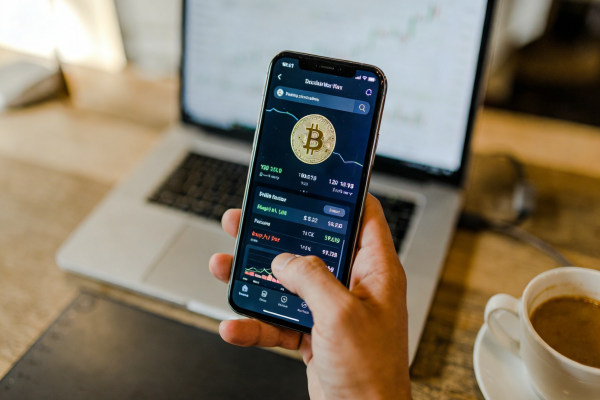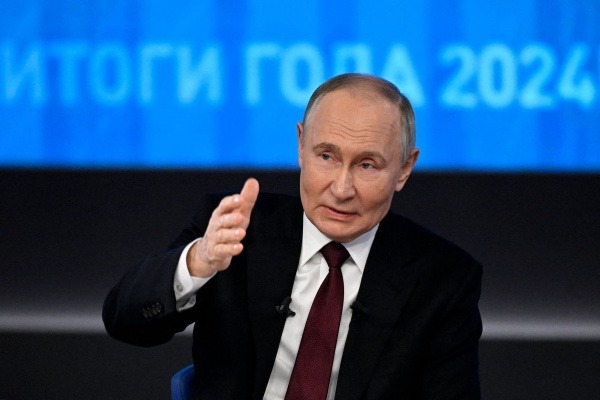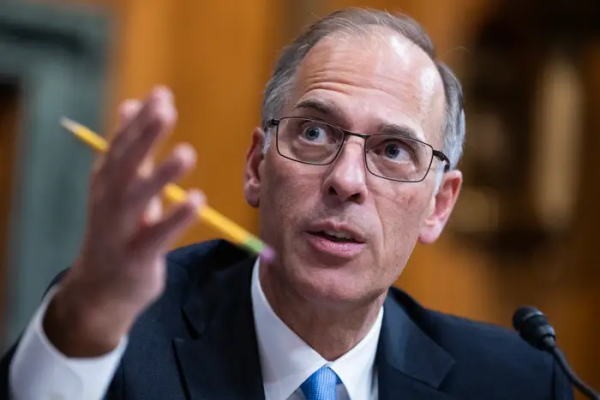South Korean presidential candidate Lee Jae-myung promises to approve Bitcoin ETF to attract support from young voters
On the eve of the upcoming June 3 South Korean presidential election, Lee Jae-myung, one of the main candidates and leader of the Democratic Party of Korea, publicly stated that he would promote the legalization of spot cryptocurrency exchange-traded funds (ETFs) after being elected, and promised to formulate more friendly crypto asset policies in order to win the support of young voters.
Crypto policy has become the focus of the election, and Lee Jae-myung made his first statement
On May 6, Lee Jae-myung officially released his crypto policy vision, clearly proposing a number of reform commitments including approving spot crypto ETFs such as Bitcoin, reducing transaction fees, and strengthening investor protection. He said: "I will create a safe investment environment so that young people can accumulate assets and plan for the future." This statement reflects his keen insight into the current investment demands of young people, especially in the context of high real estate prices and fierce competition in the job market. Virtual assets are increasingly becoming part of the asset allocation of young people in South Korea.
According to the Korea Economic Daily, this is the first time that Lee Jae-myung has clearly proposed cryptocurrency-related policies in the presidential campaign. As early as the beginning of 2024, the Democratic Party proposed supporting spot crypto ETFs in its campaign platform, but encountered policy and regulatory obstacles during the promotion process, resulting in stagnation of progress.
According to a poll conducted by the National Barometer between April 24 and 30, Lee Jae-myung is currently in the lead with 42% support, far exceeding Acting President Han Deok-soo, who ranks second with 13% support.
The ruling party also relaxed regulations and started a "crypto competition" with the opposition party
In response to Lee Jae-myung's positive attitude towards crypto policies, South Korea's ruling party, the People's Power Party, also issued similar campaign promises at the end of April, showing a trend of "political competition" in the field of crypto policies. The ruling party proposed to allow the issuance of spot crypto ETFs, abolish the "one exchange, one bank" rule, and formulate a stablecoin regulatory system.
"One exchange, one bank" is a policy unique to South Korea that requires crypto exchanges to establish exclusive cooperation with specific local banks to ensure real-name transactions and combat money laundering. However, in actual operation, this policy has brought many obstacles to exchanges in obtaining bank cooperation and restricted market vitality. The People's Power Party hopes to promote exchanges to access the financial services system more freely by abolishing this rule.
Kim Moon-soo, the presidential candidate of the People's Power Party, took over from former President Yoon Seok-yeol. Yoon Seok-yeol was impeached for issuing martial law in December 2024. The short-lived martial law directly led to a sharp drop in major cryptocurrencies such as Bitcoin and Ethereum on the same day. Although the market quickly rebounded, the incident still caused investors to feel uneasy about government intervention.
South Korean young people are highly involved in the crypto asset market
South Korea is one of the countries with the highest crypto asset activity in the world. According to industry data, more than 16 million people (about 31%) of the country's total population of about 51.7 million hold cryptocurrency accounts. This large user base constitutes an important voter force, prompting major parties to include crypto policies as core campaign issues.
Young voters especially favor flexible and high-yield asset allocation methods, and cryptocurrencies have become part of their investment portfolios. In the context of the lack of upside in traditional asset markets, regulated and relatively risk-controlled crypto products such as ETFs may become a new option for young people to pursue asset growth.
Outlook: South Korea may become one of the first countries in Asia to open spot crypto ETFs
If Lee Jae-myung or other candidates implement the spot crypto ETF policy as they wish, South Korea is expected to become one of the first countries in Asia to legalize such financial instruments. Considering that South Korea's capital market and financial regulatory framework are relatively mature, this will not only enhance the confidence of domestic investors, but may also attract more international funds to pay attention to crypto innovation companies in the Korean industrial chain.
As policy commitments become clearer, investors need to pay close attention to the results of the general election and the execution attitude of subsequent regulatory authorities. The development of crypto assets in South Korea may usher in a new policy turning point.









